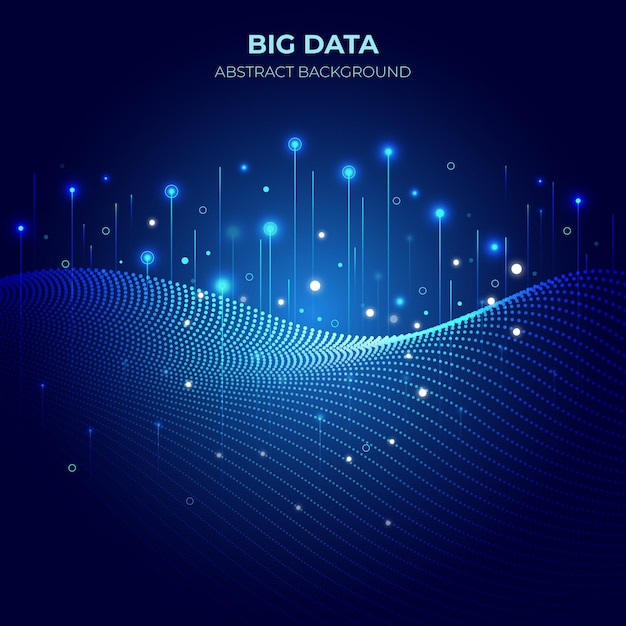Unveiling the Power of Data Science: From Insight to Innovation
Data science begins with data collection, where information from diverse sources—be it structured databases or unstructured social media feeds—is gathered. This raw data undergoes meticulous cleaning and preprocessing to ensure accuracy and consistency.

Data science begins with data collection, where information from diverse sources—be it structured databases or unstructured social media feeds—is gathered. This raw data undergoes meticulous cleaning and preprocessing to ensure accuracy and consistency. Once refined, the data enters the exploration phase, where statistical methods and visualization techniques uncover hidden relationships and trends.
Central to data science is machine learning, a subset that utilizes algorithms to build predictive models and make data-driven decisions. From recommendation engines in e-commerce to personalized medicine and fraud detection in finance, machine learning algorithms adapt and evolve with data inputs, enhancing their predictive accuracy over time.
The journey from data to insight is facilitated by robust tools and technologies like Python, R, and SQL, alongside powerful frameworks such as TensorFlow and PyTorch for deep learning applications. Cloud computing platforms provide scalable infrastructure for processing massive datasets, while big data technologies like Hadoop and Spark enable efficient data storage and analysis.

Beyond technical prowess, data science demands domain expertise to contextualize findings within specific industries. Whether in healthcare, finance, marketing, or manufacturing, data scientists collaborate closely with domain experts to derive actionable insights that drive strategic decision-making and operational efficiency.
Data science also champions ethical considerations, addressing privacy concerns and ensuring responsible use of data through frameworks like GDPR and CCPA. As organizations navigate the data landscape, ethical guidelines and transparency foster trust with stakeholders and the broader community.
In essence, data science is not merely a tool but a catalyst for innovation and transformation. It empowers businesses to optimize operations, enhance customer experiences, and unlock new revenue streams. From predictive maintenance in industrial IoT to precision agriculture and smart cities, the applications of data science are limitless, shaping the future of industries and societies worldwide.
As we embark on this data-driven journey, the role of data scientists becomes increasingly pivotal. Their ability to navigate complex datasets, leverage cutting-edge technologies, and communicate insights effectively bridges the gap between data and decision-making. In doing so, they drive organizational success and pave the way for a data-driven future.
Recent Posts
Check Our Digital Marketing Services
- Amazon Advertising & Amazon Listing
- Contact Us
- Content Marketing
- Email Marketing
- Facebook Advertising
- Flipkart Advertising & Flipkart Listing
- Get Quote
- Google Advertising
- Google My Business (GMB) Management
- Portfolio
- PPC(Pay-per-click) Advertising
- Privacy Policy
- SEO services in varanasi
- Services
- SMM
- SMO
- Testimonials
- Website Development
- WhatsApp Marketing
- Work